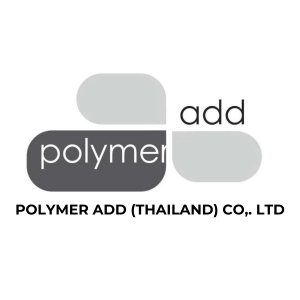Polypropylene wax is commonly used in hot spinning masterbatch formulations for various purposes. Hot spinning masterbatch, also known as masterbatch for melt spinning, is used in the production of synthetic fibres through processes like melt spinning. Here’s how polypropylene wax is utilized:
Processing Aid
Polypropylene wax acts as a processing aid during the melt spinning process. It helps improve the melt flow properties of the polymer, facilitating smoother processing and extrusion of the masterbatch through spinnerets to produce fibres. This aids in maintaining consistent fiber quality and uniformity.
Temperature Control
Polypropylene wax can help control the temperature of the spinning process by acting as a thermal regulator. It aids in dissipating heat generated during processing, preventing overheating and thermal degradation of the polymer. This is particularly important for maintaining the integrity and properties of the fibres.
Reduced Friction and Wear
Incorporating polypropylene wax into hot spinning masterbatch formulations helps reduce friction and wear on processing equipment, such as spinnerets and extrusion machinery. This extends the operational lifespan of the equipment and reduces maintenance requirements, leading to increased efficiency and cost savings.
Improved Surface Finish
Polypropylene wax contributes to the enhancement of the surface finish of the fibres produced from hot spinning masterbatch. It helps impart a smoother texture and appearance to the fibres, resulting in improved aesthetics and feel, which may be desirable for certain applications like textiles and apparel.
Fiber Strength and Integrity
By optimizing the processing conditions and reducing stress concentrations during melt spinning, polypropylene wax can contribute to the enhancement of fiber strength and integrity. This leads to fibres with improved mechanical properties, such as tensile strength, elongation, and abrasion resistance, making them suitable for a wide range of applications.
Reduced Static Electricity
Polypropylene wax can also serve as an antistatic agent in hot spinning masterbatch formulations. It helps minimize the buildup of static electricity on the surface of the fibres, reducing the risk of static-related issues such as dust attraction, static cling, and electrical discharge.
